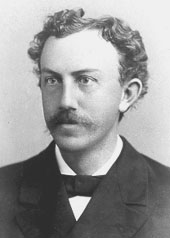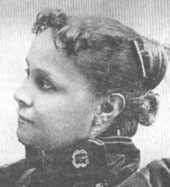Brook Farm
April 4, 2006
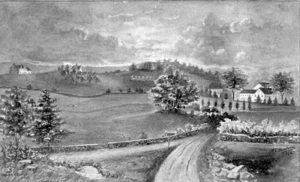
Brook Farm, a celebrated nineteenth-century New England utopian community, was founded by Unitarian minister George Ripley and other progressive, Transcendentalist Unitarians, to be, in Ripley’s words, a new Jerusalem, the “city of God, anew.” From its founding in 1841 until it went bankrupt in 1847, Brook Farm influenced many of the social reform movements of its day: abolitionism, associationalism, the workingmen’s movement, and the women’s rights movement.
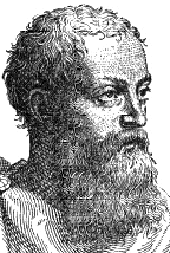
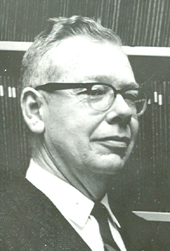
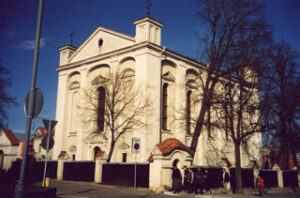 Jan (John) Kiszka (c.1552-1592) was a politician, magnate, patron and benefactor of Arianism in the 16th-century Polish-Lithuanian Commonwealth.
Jan (John) Kiszka (c.1552-1592) was a politician, magnate, patron and benefactor of Arianism in the 16th-century Polish-Lithuanian Commonwealth.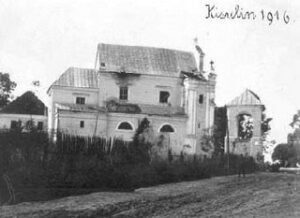 The Czaplic family, nobles from Wolyn (Volhynia) in today’s Ukraine, were patrons and supporters of Arianism (Socinianism) on their estates. After the fall of Rakow, their estate, Kisielin, was briefly the capital of Polish Arianism.…
The Czaplic family, nobles from Wolyn (Volhynia) in today’s Ukraine, were patrons and supporters of Arianism (Socinianism) on their estates. After the fall of Rakow, their estate, Kisielin, was briefly the capital of Polish Arianism.…